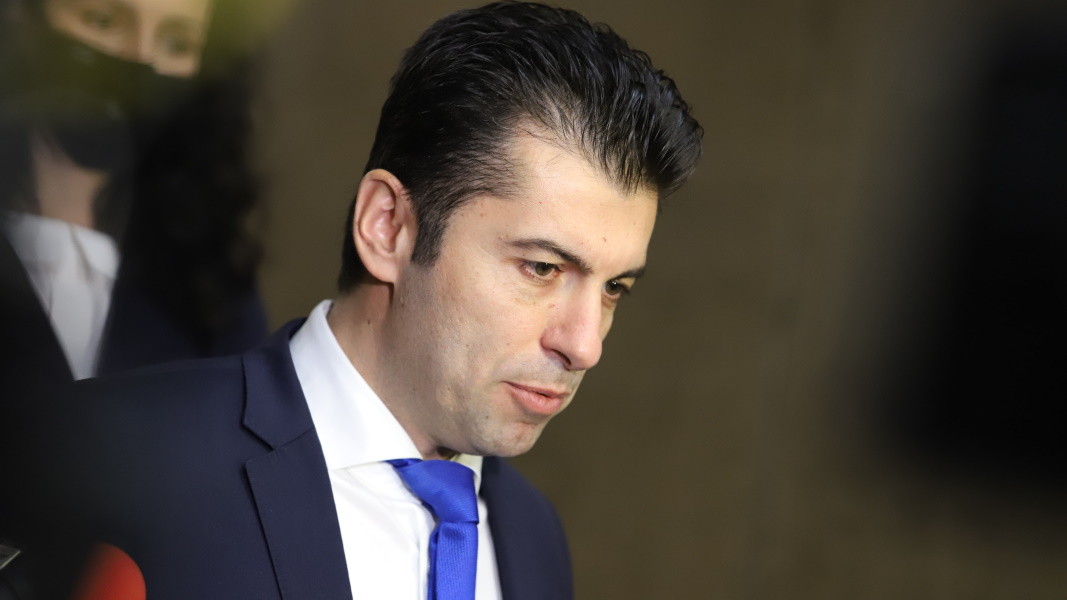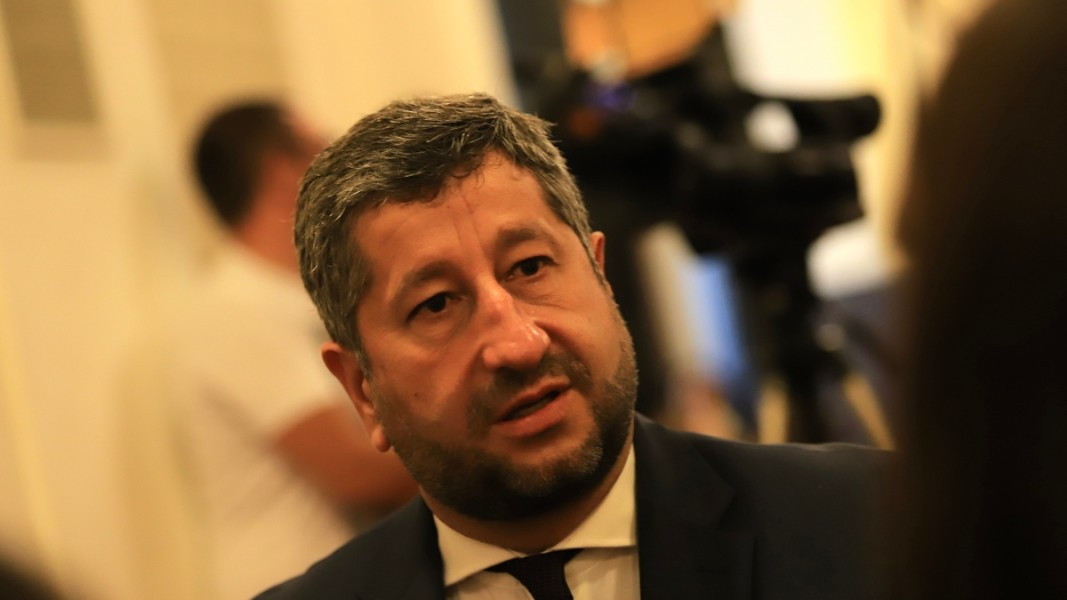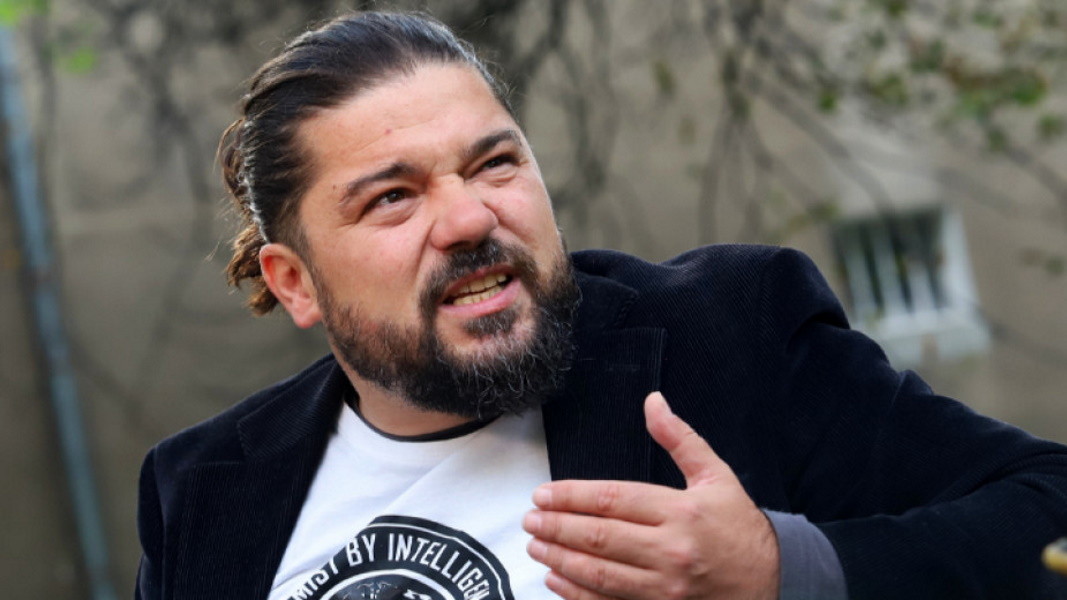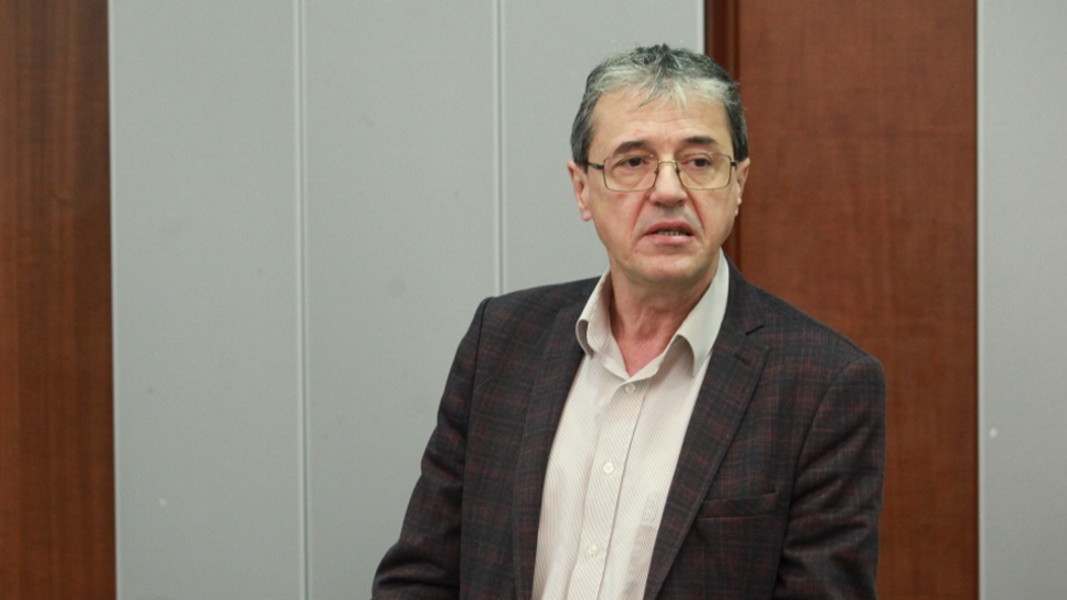Bulgaria’s National Assembly is to hold an extraordinary sitting today to vote the composition of the new cabinet proposed by the political formation, which placed first at the early general elections on November 14- “We Continue the Change”. A four party coalition consisting of “We Continue the Change”, the Bulgarian Socialist Party, “There is Such a People” and “Democratic Bulgaria” will be in charge of this country’s government.
The motto of the new cabinet will be “Zero tolerance for corruption”, said Prime Minister-designate Kiril Petkov. The first task of the new government is to control the price of electricity and tackle the Covid-19 crisis, noted Kiril Petkov.

“We Continue the Change” and the Bulgarian Socialist Party resolved the disagreement that emerged last week in a prompt manner, which surprised many people. This country’s head of state Radev also handed over the first cabinet forming mandate to “We Continue the Change” quickly. What is the reason for such a race against time?
“This process, the initiative for it and the pace are determined by the mandate holder, Hristo Ivanov, Co-chairperson of Democratic Bulgaria said in an interview for the Bulgarian National Radio. Many problems in the country have to be resolved. We are to enter a budget preparation process, which has been delayed. We must also revise the electricity and water prices urgently. All this requires a National Assembly and a government.”

In Hristo Ivanov’s view, this government may be extremely difficult and transitional.
“It will be a bridge between Boyko Borissov’s era and the new political construction. It remains to be seen what the new political landscape will be like. That is why I am talking about a cabinet of a transitional type. It may become clear after the mayoral elections in 2023. ”
The previous regular cabinet was formed in pursuit of the goal of having such, political scientist Strahil Deliyski said and added:

“Now, after a series of Parliamentary elections, we have reached this overarching objective- to have a government that would set the new political cycle in motion. However, this will be more difficult, because this cabinet was given a mandate to change much of what the previous government did.”
The former ruling party GERB criticized the new cabinet, noting that it consists of different fractions, including a corporate one. Here is what Strahil Deliyski said in this regard:
“All Bulgarian governments had a corporate fraction. This cabinet was formed to keep GERB party away from power. In this sense, it has no problems with uniting all types of ideas and values, including political values.”
In his words, “the political system was brought to such a state that its survival depended on the possibility of incompatible points of view to collaborate. “I do not expect major turbulence in the beginning of the government’s term of office, if the cabinet starts managing the current crises, instead of implementing strategic reforms.”
Political scientist Antoni Todorov also shares the view that the new cabinet should not hurry up implementing cardinal reforms.

“The way the negotiations between the coalition partners went is a good sign. These talks were real. It is clear that the parties are quite different and there is political intransigence. However, they demonstrated that they are able to overcome this, because they realized that they have a more important common goal.”
“The fear that some of the parties may become the culprit for the possible collapse of the long-awaited government will make them refrain from confronting with each other, at least in the short term”- contends Strahil Deliyski. That is why, analysis expect that the new coalition government will be stable to a significant extent.
Compiled by: Yoan Kolev (interviews by Slivia Velikova and Yavor Stamatov, BNR-Horozint)
English version: Kostadin Atanasov
Photos: BGNES"In the European Parliament we commemorate the end of World War II. Eighty years later, we truly live in peace, but we are also under attack. We do not pose threats to anyone, but others are posing threats to us". This was stated Nathalie..
"The approach currently being proposed creates preconditions for redirecting funds from one program to another, which is dangerous for some of the key social policies, such as the cohesion policy, " said Tsvetelina Penkova, MEP from the Progressive..
“In the European Parliament, the word ‘compromise’ does not necessarily carry a negative meaning. Compromise refers to finding common ground in a highly fragmented environment. There's a difference in the culture, the rhetoric of communication. In the..
The draft report on the progress of North Macedonia on its path to European integration has been a hot Balkan topic in recent weeks,..

+359 2 9336 661
